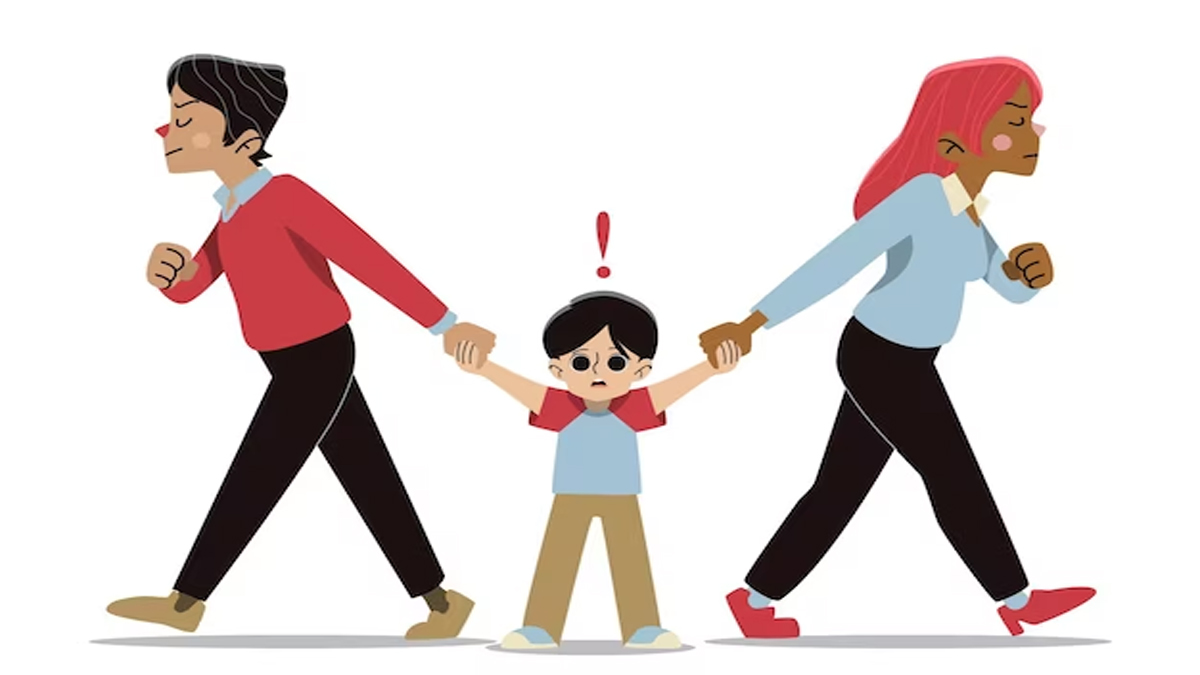The primary consideration in child custody matters is the welfare and best interests of the child. The act applies to Hindus, including Buddhists, Jains, and Sikhs.
In general, the courts strive to ensure that the child’s welfare is protected and that their needs are met. Factors such as the child’s age, gender, health, and overall well-being are taken into account. The court may also consider the child’s wishes, especially if they are of a sufficient age and maturity to express their preference.
Under Hindu law, both parents have natural guardianship rights over their children. However, when determining custody, the court typically favors granting custody to the mother, particularly for younger children. This preference is based on the assumption that the mother is better suited to provide care and nurture to the child.
Nevertheless, the court has the discretion to award custody to the father or even grant joint custody if it is deemed to be in the best interests of the child. Joint custody allows both parents to share the rights and responsibilities of raising the child, including making important decisions regarding their education, healthcare, and overall upbringing.
It’s important to note that each divorce case is unique, and the court’s decision regarding child custody will depend on the specific circumstances and facts presented before them. The court will evaluate the situation and make a decision that promotes the well-being of the child above all else. It is advisable to consult with a qualified family law attorney who can provide guidance specific to your situation and jurisdiction.
